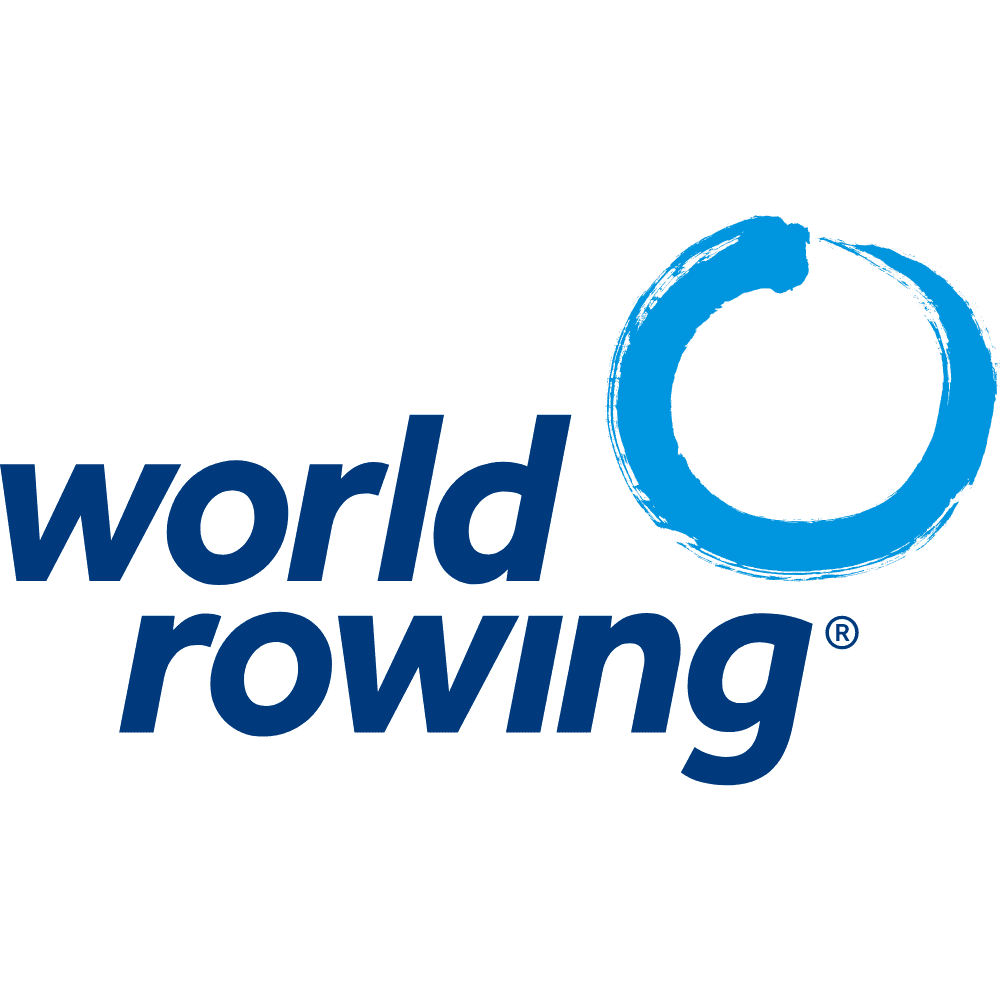
02 Apr 2021
Who to watch and how to follow the European Olympic & Paralympic Qualification Regatta
The clock is counting down to the Tokyo Olympic & Paralympic Games and the opportunities for athletes to qualify are limited. One of the final opportunities is the 2021 World Rowing European Olympic and Paralympic Qualification Regatta, which will get underway in Varese, Italy from 5-7 April.
Qualification is open to men’s and women’s single sculls, lightweight double sculls and PR1 men’s and women’s single sculls from European nations.
The men’s single sculls will be hotly contested. It boasts the largest field with 16 nations. Eleven of those athletes recently competed at the 2020 European Rowing Championships, with Stefanos Ntouskos of Greece finishing with the highest ranking of fifth place. Ntouskos might stand the best chance going into the event, but is likely to be challenged by the experienced Dani Fridman of Israel and Lukas Reim of Austria. And keep an eye out too for the young indoor rowing star, Ward Lemmelijn from Belgium. There are three qualification spots available.
The women’s single sculls sees the entry of another talented Greek athlete, Anneta Kyridou. Kyridou recently won bronze at the European Rowing Championships, after stepping up from a medal-winning under-23 career. But the experience in this boat class is impressive, with competitors such as Diana Dymchenko of Ukraine and Eeva Karppinen of Finland who have been competing internationally for years. There are three qualification spots available.
Racing in the PR1 men’s single sculls is likely to be competitive between Hungary’s Zsolt Peto, who finished fourth at the European Rowing Championships and Maksim Miatlou, who was fifth. For the PR1 women’s single two countries are lining up – Belarus and Sweden. For each of the PR1 races there is one qualification spot.
The lightweight women’s double sculls has seven countries vying for two qualification spots. Russia includes Anastasia Lebedeva who has a decade of international racing behind her. In the Greek boat of Zoi Fitsiou and Evangelia Anastasiadou the duo were 9th at last year’s European Rowing Championships and they may have a shot at a qualifying spot. For the lightweight men’s double the very experienced Pedro Fraga is racing with new partner Afonso Costa for Portugal. They will be up against Paul Sieber and Julian Schoeberl of Austria. Sieber is a veteran of the Rio Olympics and last year with Schoeberl they raced in the b-final of the European Rowing Championships.
How to follow the European Qualification Regatta
The draw will take place at 15:00 (CET) on Sunday 4 April and will be live streamed on the World Rowing YouTube channel and Facebook. The first races commence Monday 5 April at 10:00 (CET).
- The provisional time table for the event can be found here. And entries for all the races are available here.
- Live race tracker will be available for ALL races on www.worldrowing.com.
- Live AUDIO streaming will be available for the whole competition on www.worldrowing.com, starting Monday 5 April at 09:55 (CET).
- Follow us on Facebook, Instagram, Twitter, and YouTube for behind the scenes interviews, live updates, photos and more.
- Also available on WorldRowing.com- Start lists / Schedule
– Results
– News / Photos / Live blog / Quotes from athletes - Join the conversation …
– Use the hashtag #EOPQR, #rowing, #worldrowing and tag us @WorldRowing on Twitter.
The organisation of the upcoming event has been complicated due to the coronavirus pandemic. The Lombardy region of Italy has been placed in a ‘red’ zone restrictions according to Italian law.
“One of the main logistical hurdles for the event is to get all of the teams, officials and service providers in to Italy,” says World Rowing Executive Director Matt Smith. While there are exemptions from quarantine for people coming for elite sporting events the Italian government regulations have been difficult to decipher. The Italian Rowing Federation have been a great help in this situation and have written hundreds of letters of invitations.”
The event is a vital step in the qualification process for the Tokyo Olympic and Paralympic Games. For some European countries, this gives another chance for securing a place at the Games.

